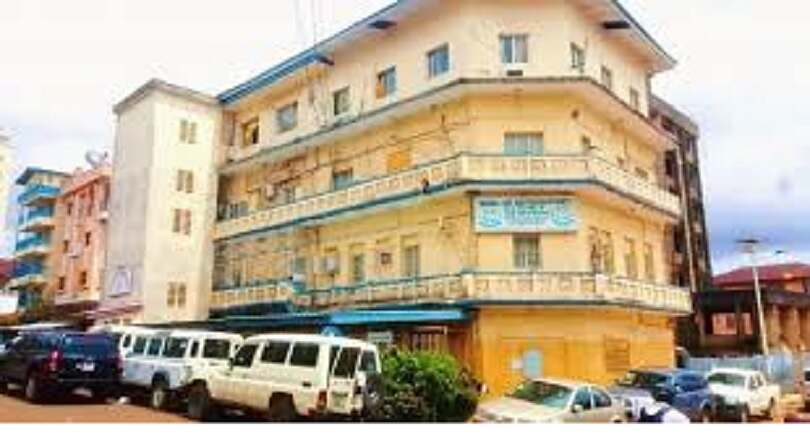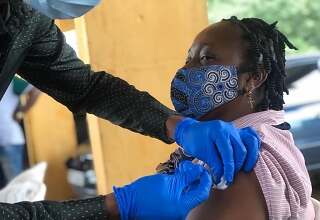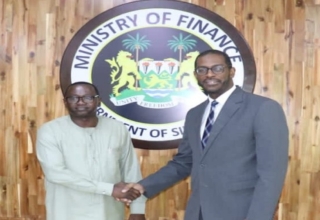
The National Civil Registration Authority (NCRA) together with its development partners has commenced a three-day Civil Registration And Vital Statistics (CRVS) coordination and resource mobilisation workshop at the Sierra Bay Hotel in Aberdeen Freetown, as part of efforts to strengthen coordination and improve integrated Civil Registration and Vital Statistics systems in Sierra Leone.
At the end of the workshop, participants will be expected to understand the resource mobilisation strategy; the strategic priorities of CRVS in Sierra Leone; identify the relevance of CRVS to national and international development agenda, and identify the resource gap in meeting strategic plan objectives.
The resource mobilisation strategy and approach developed in 2019, included mobilising required diverse resources: human, financial, and physical assets systems to enhance civil registration, data collection, analysis, and production of events registers and ID products for residents’ use and also for national consumption; develop and improve relations and dialogue between NCRA, development partners, and MDAs, and track implementation indicators to improve service delivery strategy.
These objectives were aimed at guiding in attaining the Strategic Plan 2019-2023 mission to continuously register all vital events: births, death, adoptions, marriage, divorce, and nullities, and provide reliable vital statistics and multipurpose identification documents for residents in the country.
Speaking during the opening ceremony on Tuesday, the Director General of the National Civil Registration Authority, Mohamed M. Massaquoi hinted at the need for collaborative efforts in pushing the Civil Registration and Vital Statistics agenda in Sierra Leone which was borne out of recommendations from the United Nations Economic Commission for Africa’s (UNECA) comprehensive country assessment in 2018, putting emphasis on strengthening government-led coordination and mobilisation of all investment and stakeholders’ interests towards achieving the established CRVS vision and priorities in the country.
Mr Massaquoi said NCRA’s prioritised corporation and engagements with stakeholders have successfully led to the registration of about 80 per cent of the country’s population in the NCRA database.
He also announced that collaborative supports provided to other MDAs, including the ECSL, NASSIT, NRA, SLRSA, NATCOM; as well as financial and educational institutions by means of verification of personal details of citizens and non-citizens resident in Sierra Leone.
Meanwhile, the NCRA will appreciate further partnerships with more development partners, especially as the Authority prepares to begin production and issuance of Securitised Digital Identity Cards soon, according to Mr Massaquoi.
Elsewhere in its 2016 Act, the NCRA was mandated to develop and maintain an accurate electronic database of the population of Sierra Leone; issue National Identification Numbers (NINs) to every citizen and resident in Sierra Leone; provide accurate information about civil status events such as births, adoptions, marriages, divorces, nullities and deaths; provide accurate information about the demographic distribution throughout Sierra Leone, and the rate of social change and civil status trends.
Also, the NCRA was mandated to facilitate study and research for social and economic development; provide easy access to the Civil Registration System for other ministries, departments and agencies (MDAs) to enhance the standard of decision-making and public administration; promote access to information and support the democratic process, and enhance national security.
The resource mobilisation strategy includes facilitating a round-table discussion with key donor representatives; organise a donors’ visit to specifically targeted organisations; produce NCRA Annual Report focused on the key outcomes; develop communication products such as fact sheets, videos, and brochures; joint branding & outreach, involving CRVS and ID products, and organise media trips to NCRA’s supported projects.














